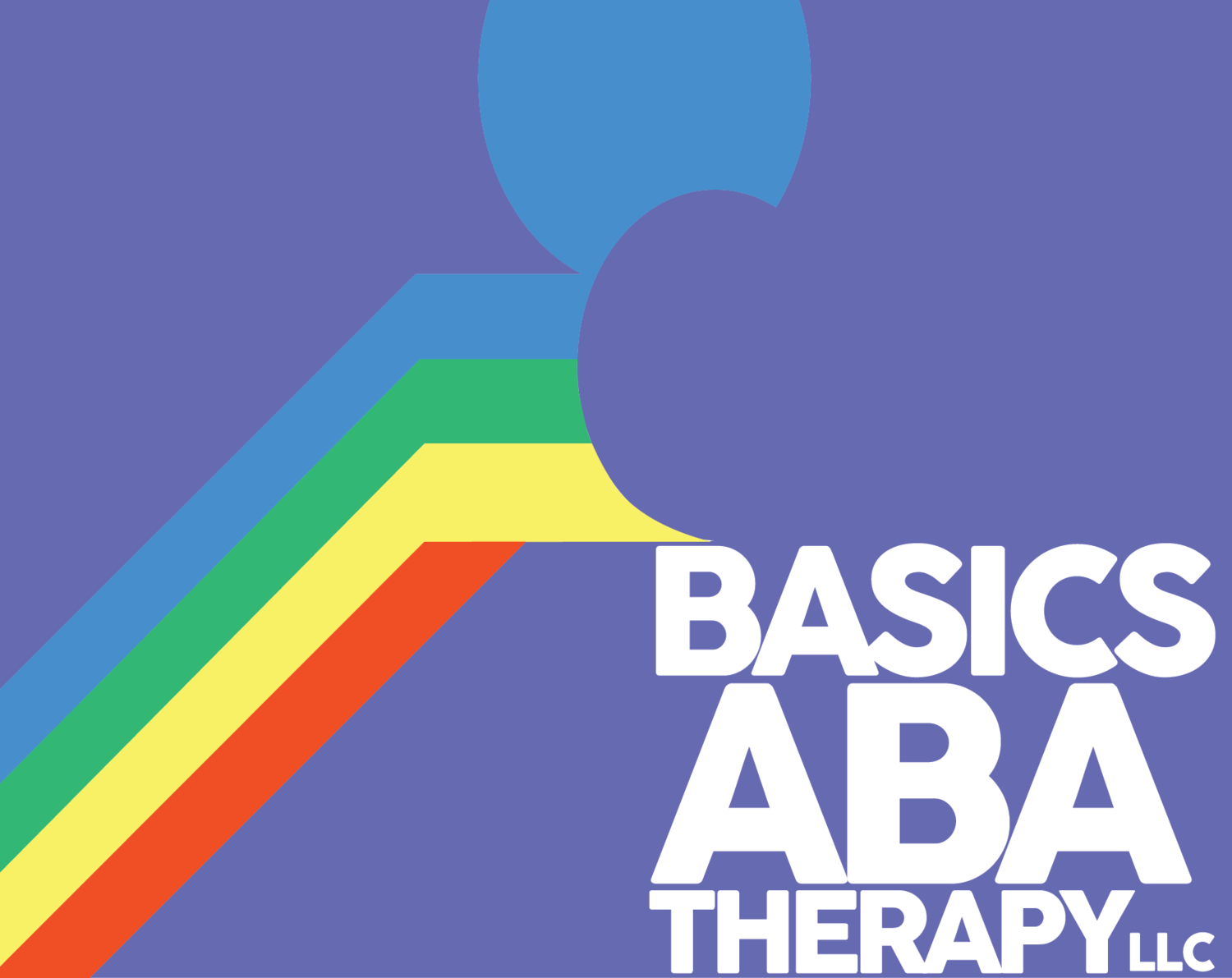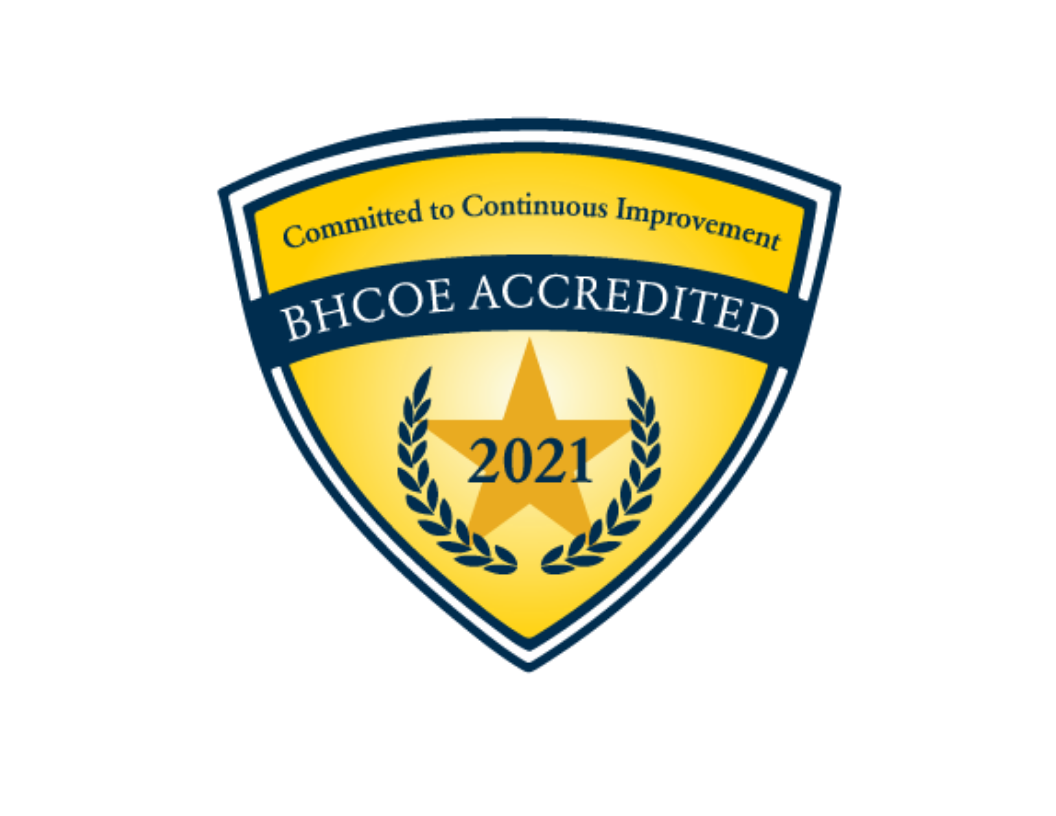By: Jordan Hoskinson, BCBA, LBA
Consent can seem like a complex topic to tackle, as both a clinician and as a parent to autistic children. What is consent? It’s defined as “permission for something to happen or agreement to do somethingᵃ.” This definition doesn’t seem to take into consideration where people are coerced or feel pressured into giving permission to be touched or to touch someone else. A much more inclusive definition of consent would be, “if the person agrees by choice and has the freedom and capacity to make that choiceᵇ.” The issue of who can be touched and how and in what context can be confusing for autistic children.
One way to avoid issues around these rules of physical touch is to teach children about consent. Physical touch, even something as innocent as a physical prompt to help someone hold a crayon, should not happen unless both people are on board with it. Our bodies are our own and we are the only ones who have the right to decide what we are comfortable doing with them.
As a parent, if my family is visiting my home and they wish to give my child a hug, my child has the right to say, “No, thank you” and to have that respected. By forcing my child into a situation where they might feel uncomfortable with physical touch, I’m teaching her that others have the right to make her body feel uncomfortable. Allowing someone to say no to physical touch should always be respected, whether it’s a family member, a peer, a doctor, or a therapist.
As you teach your child about consent, be sure that you model what it looks like. Unless your child is in danger, don’t touch them unless you’ve received permission. If it seems as though they’ve had a rough day at school you can say, “Do you want a hug?” instead of just pulling them into your arms. This sort of consistency will help them learn what to do if they want to touch someone.
If you have a preverbal child, look for signs that touch may be unwelcome. This could look like backing away, pulling away, or engagement in ineffective behavior whenever you attempt to make physical contact.
Therapists and BCBAs at BASICS ABA Therapy are trained to ask all our clients’ permission before we offer any touch. This is one of the many ways that we teach self-advocacy. It’s never too early to teach your child about consent. It’s a lesson that every person—autistic and neurotypical—should be aware of and understand. When we learn about consent from an early age, we can grow up knowing how to give consent and also when to ask for consent from another person.
Footnotes:
ᵃhttps://bit.ly/3GGOYrJ
ᵇThe Code for Crown Prosecutors



